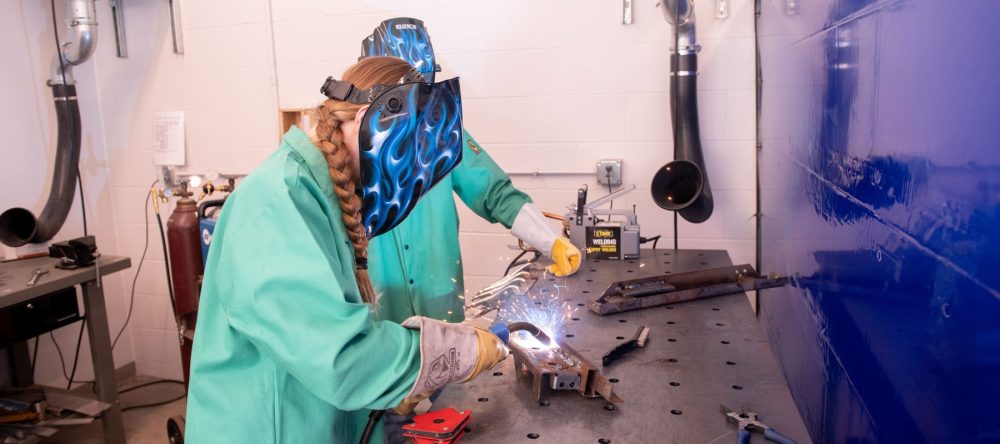The Accreditation Board for Engineering and Technology, Inc. (ABET) criteria for accreditation include requirements for educational objectives (what graduates are expected to attain within a few years after graduation), student outcomes (what students are expected to know and be able to do by the time of graduation), curriculum, faculty, and facilities. Here are three important factors in choosing an engineering program.
The jobs you want require it
A quick internet search reveals that nearly all prominent engineering jobs require a degree from an ABET-accredited program. Sometimes even internships require that you are enrolled in an ABET-accredited program.
According to the United States Bureau of Labor Statistics, “A degree from an ABET-accredited program is usually necessary to become a licensed professional engineer” (bls.gov). The National Society of Professional Engineers supports that statement by saying that, “[Professional Engineer] licensure is the engineering profession’s highest standard of competence, a symbol of achievement and assurance of quality”(nspe.org). Only a PE may sign engineering drawings and serve as an expert witness.
Another significant bonus is that ABET collaborates with education quality assurance organizations and corporations in other countries, which enables your degree to show your value internationally. Accreditation shows that your program has received international recognition of its quality. ABET-accredited program graduates have the opportunity to apply their skills to careers around the world (abet.org).
It proves that the university itself is reputable
One of the accreditation requirements includes that the program has full support from the college or university. This includes financial resources, administrative staff resources, library resources, and other services that are necessary for the continued success of the program.
A program that is accredited by ABET must show that its engineering program is built on a foundation of knowledge and skills learned from other course work. The program must show that graduates have overall skills like written and verbal communication, and can express ideas and solutions in order to provide leadership for teams.
Finally, if you are interested in continuing your education by pursuing a master’s or doctorate, you may be required to have a bachelor’s degree from an ABET-accredited program. This indicates that you have been educated at an institution with strict standards of excellence.
The program teaches the most up-to-date information using current equipment
One important criterion of the accreditation process requires that “modern tools, equipment, computing resources, and laboratories appropriate to the program must be available, accessible, and systematically maintained and upgraded…”(abet.org). Classrooms, offices, laboratories, and associated equipment must be current and relevant. The faculty must be available and able to guide students in how to use them.
Another aspect of ABET accreditation includes excellent faulty members. That criterion states, “The overall competence of the faculty may be judged by such factors as education, diversity of backgrounds, engineering experience, teaching effectiveness and experience, ability to communicate, enthusiasm for developing more effective programs, level of scholarship, participation in professional societies, and licensure as a PE” (abet.org).
Bonus reason
There are several opportunities to apply for scholarships that are only awarded to students entering an ABET-accredited program. One exciting example is the scholarship from the Society of Women Engineers (scholarships.swe.org/applications). There are options for international, United States-based, and scholarships within individual states. Some scholarships and grants can even be awarded up to $10,000. In addition to scholarships and grants, there are also more loan options.

